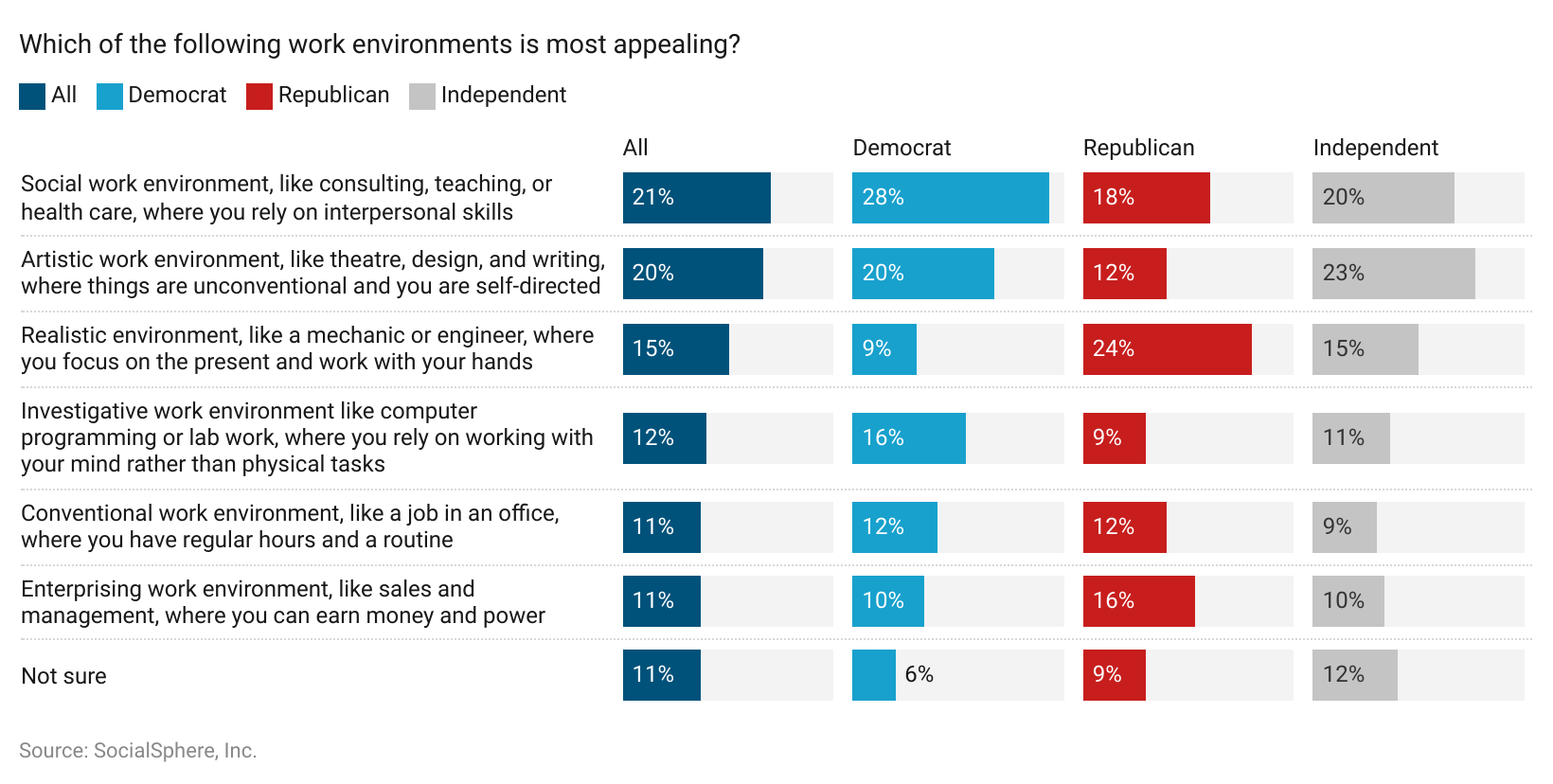Paul Waldman offers some observations about what Republicans are so mad about that ring true to me. It's easy enough to denounce as bull-bleep such antics as DeSantis' Florida teaching that slave status served as vocational education for the enslaved. But what ails so many Americans? Something like this:
The true commitment of today’s Republican Party is not to racism (though there are plenty of genuine racists who thrill to what the GOP offers, and especially to former president Donald Trump). It is to what is best described as anti-antiracism.
... Listen to conservative rhetoric on book banning, affirmative action, teaching history or any of the ways race touches their war on “wokeness,” and you hear this theme repeated: We must stop talking and thinking about racism, and most of all we must stop trying to do anything about racism. Virtually all racists, of course, would also be anti-antiracists. But there are also millions of people who are not racist yet who are fervent anti-antiracists.
... Feelings have become central to the way conservatives think about race; it’s no accident that many of the laws regarding critical race theory passed in conservative states explicitly outlaw discussions in schools that could make students feel “guilt” or “discomfort.” Anti-antiracism is fueled by White people’s unease with the growing diversity of American society, the knowledge that they’ve lost their dominant position — and to boot, liberals keep trying to make them feel bad.
... all the GOP presidential candidates — even the non-White ones — will trumpet their commitment to anti-antiracism, even if they won’t call it by name. By now, the Republican base expects nothing less.Or -- too many White people will refrain from spitting at Black and brown people who share their country, but it is their country, damn it.An exhortation that we don't have to go down that route comes from an unlikely source. Can you guess who?
My faith tells me that we're all children of God, equally loved, equally cherished, equally entitled to the rights He grants us all.
For nearly 200 years, our nation failed the test of extending the blessings of liberty to African Americans. Slavery was legal for nearly a hundred years, and discrimination legal in many places for nearly a hundred years more. Taken together, the record placed a stain on America's founding, a stain that we have not yet wiped clean.
When people talk about America's founders they mention the likes of Washington and Jefferson and Franklin and Adams. Too often they ignore another group of founders -- men and women and children who did not come to America of their free will, but in chains. These founders literally helped build our country. They chopped the wood, they built the homes, they tilled the fields, and they reaped the harvest. They raised children of others, even though their own children had been ripped away and sold to strangers. These founders were denied the most basic birthright, and that's freedom.
Yet, through captivity and oppression, they kept the faith. They carved a great nation out of the wilderness, and later, their descendants led a people out of the wilderness of bigotry. Nearly 200 years into our history as a nation, America experienced a second founding: the Civil Rights movement. Some of those leaders are here.
These second founders, led by the likes of Thurgood Marshall and Martin Luther King, Jr. believed in the constitutional guarantees of liberty and equality. They trusted fellow Americans to join them in doing the right thing. They were leaders. They toppled Jim Crow through simple deeds: boarding a bus, walking along the road, showing up peacefully at courthouses or joining in prayer and song. Despite the sheriff's dogs, and the jailer's scorn, and the hangman's noose, and the assassin's bullets, they prevailed.Some of the history in this could be more accurate. It's not hard to question the conviction of great "progress" achieved, especially with the current rightwing Supreme Court. But the essential vision of hope rings out. The speaker? That would be George W. Bush in 2006 addressing an NAACP convention. Did he believe it? Who can judge? But he needed to say it. How very far have Republicans devolved!





















